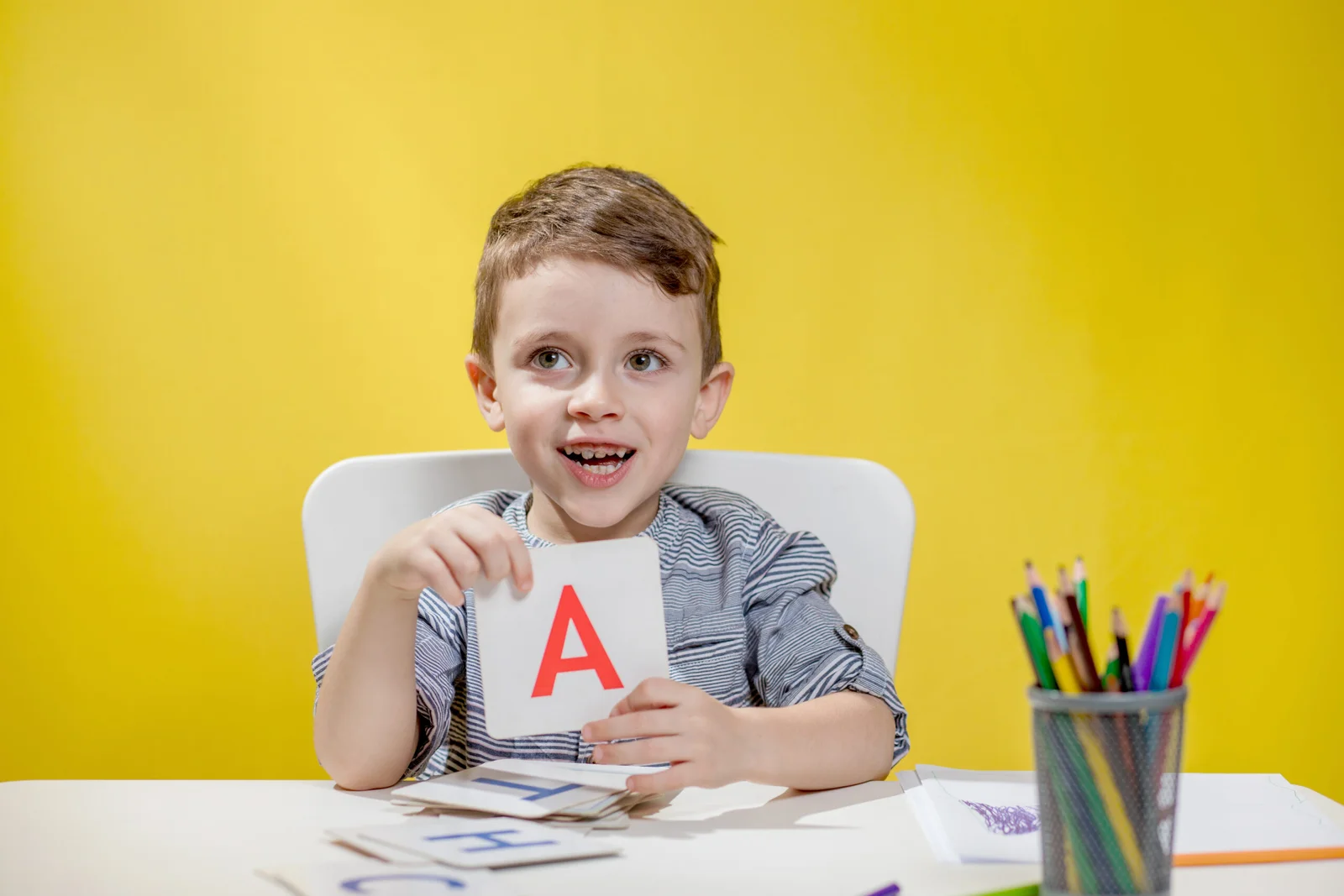As a mother and a Montessori education enthusiast, I have observed children’s fascinating language development journey.
This article will explore how children aged 0-6 learn and develop language skills.
Table of Contents
Key Takeaways
- Children learn language in their own unique ways, and the timeline for speech development varies.
- The language centers in the brain are active from birth, aiding in speech processing and understanding.
- Physical tools for speech, like lips and diaphragm, are developed in healthy babies.
- Infants are already attuned to sounds from the womb, including their mother’s voice.
- Learning to speak involves a natural inclination towards relationship-building with family members.
Understanding the Basics of Language Acquisition
The Innate Abilities of Newborns
Newborns are born with innate language centers in the brain, which play a critical role in speech processing and understanding. Healthy infants have all the necessary physical organs and muscles for speech, such as lips, diaphragm, hearing, and tongue.
Prenatal Acoustic Experiences
Even in the womb, babies are exposed to sounds like their mother’s heartbeat and voice. This early exposure helps them become familiar with the tone and rhythm of speech.
Distinguishing Speech Sounds
Interestingly, newborns can distinguish speech sounds from other noises, indicating a predisposition towards language from a very young age.
The Process of Learning to Speak
Natural Learning in Home Environment
Children learn the language spoken in their home environment through innate rules. This learning results from parental efforts and the child’s innate desire to acquire language skills.
Developmental Stages and Variations
While most children follow similar developmental stages, the timing and pace of learning to speak can vary. For instance, many children start uttering their first words, like “mom” or “dad,” between 1 to 1.5 years of age.
Gender Differences in Speech Development
It’s observed that girls tend to develop speech skills faster than boys. Boys might start speaking between 9 and 12 months, but this can extend to 2 and 2.5 years, showing a range in developmental timelines.
Vocabulary Expansion
By the age of 1.5-2 years, a child’s vocabulary can range between 70 to 220 words, highlighting the individual differences in learning rates.
Conclusion
Understanding the unique pathways of language development in children helps us appreciate the diverse ways they grow and learn. As a proponent of Montessori principles, I believe in nurturing this natural progression, creating an environment that supports and encourages their linguistic journey.

